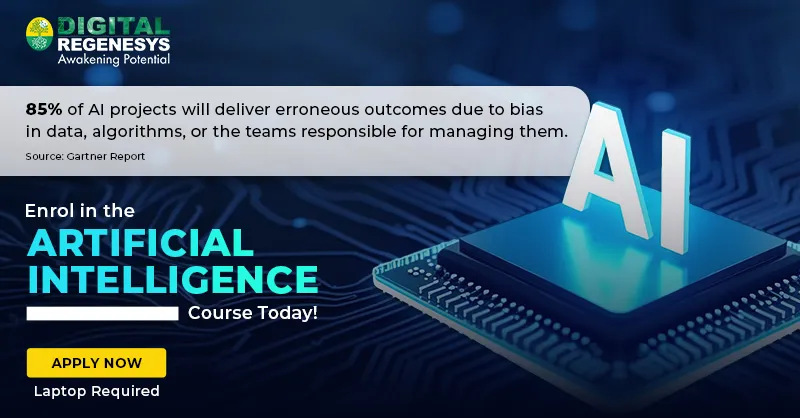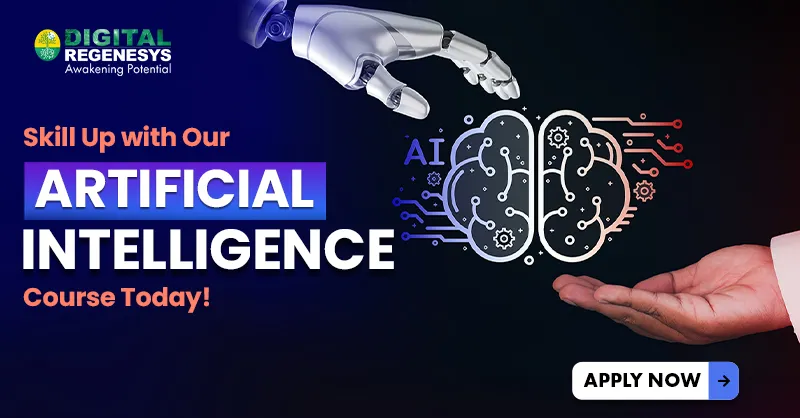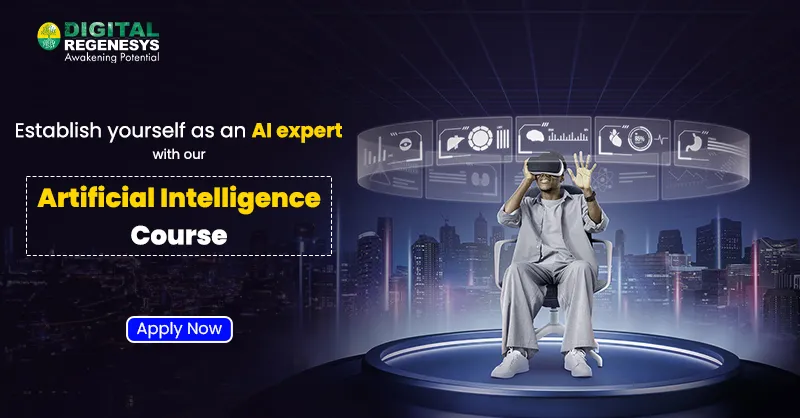Nigeria Artificial Intelligence Trends for 2026

What if Nigeria became Africa’s Silicon Valley for Artificial Intelligence? That question no longer feels far-fetched. As technology continues to reshape industries across the continent, Nigeria has emerged as a driving force in digital innovation.
Artificial Intelligence (AI) sits at the heart of this transformation. Nigeria’s AI market is set to expand sharply by 2026, with significant investments pouring into fintech, agriculture, and education. From Lagos to Abuja, AI is already enabling more innovative financial systems, predictive healthcare, and data-led policymaking.
This article explores how AI is transforming Nigeria, examining both the challenges and opportunities that will shape the country’s AI future.
National Strategy: AI for Inclusive Growth
Nigeria is in the process of developing its National Artificial Intelligence Strategy (NAIS), a framework designed to promote AI innovation, ethical use, and digital inclusion. The goal is not merely to automate processes but to create opportunities that uplift communities and empower individuals through data-driven growth.
The NAIS framework aligns with Nigeria’s National Digital Economy Policy and Strategy (NDEPS), which focuses on expanding broadband access, fostering digital literacy, and promoting local tech entrepreneurship. By integrating AI into this vision, Nigeria aims to become a continental leader in responsible, human-centred innovation.
This national strategy lays the foundation for sector-specific adoption, from banking to agriculture and beyond.
Key Focus Areas:
- Encouraging AI-driven innovation among local startups and SMEs
- Promoting AI ethics, data governance, and algorithmic fairness
- Expanding research and development infrastructure
- Enabling AI access through regional innovation hubs and universities
Read more – How to Start Studying Artificial Intelligence?

Transforming Key Industries Through AI
AI adoption in Nigeria spans multiple industries, creating measurable impact in productivity, efficiency, and access to services. As organisations become more data-driven, they are increasingly investing in AI to gain real-time insights and predictive capabilities.
The table below summarises how AI is influencing Nigeria’s core sectors and shaping their economic output.
|
Sector |
AI Applications |
Impact |
|
Finance |
Fraud detection, risk assessment, and credit scoring |
Improves financial inclusion and customer trust |
|
Agriculture |
Precision farming, pest control, crop analytics |
Increases yield and reduces waste |
|
Healthcare |
Diagnostic AI, telemedicine, patient data systems |
Expands access to quality healthcare |
|
Education |
Adaptive learning, grading automation, e-learning platforms |
Enhances learning outcomes and engagement |
|
Energy |
Smart grids, consumption prediction, maintenance scheduling |
Reduces downtime and energy loss |
AI’s integration into these industries is driving a broader digital transformation agenda. For instance, AI-powered mobile banking solutions are giving millions of Nigerians access to credit and savings.
At the same time, AI-based agricultural platforms help farmers make informed decisions about irrigation and crop health.
The Startup Ecosystem: Driving AI Innovation
Nigeria’s startup ecosystem has become one of the most dynamic in Africa. With tech hubs like Yaba (Lagos) and Abuja’s Innovation Village, the country is home to hundreds of AI-focused ventures that are addressing real-world problems through innovation.
Many Nigerian startups are developing context-specific AI tools, including voice recognition for African languages, fraud analytics for digital payments, and computer vision for logistics optimisation. These innovations reflect Nigeria’s ability to localise global technologies to suit regional needs.
These homegrown innovations are setting a new benchmark for Africa’s AI economy.
Examples of Innovation:
- AI-powered tools for fraud detection and financial inclusion in digital banking
- E-learning platforms that adapt lessons to students’ pace and performance
- Retail and logistics systems that predict demand and optimise distribution
- Data science communities building AI models to solve African market challenges
These examples showcase how innovation in Nigeria is becoming increasingly data-centric, with startups using AI to solve problems in ways that are both scalable and sustainable.
Get insights on Why Study Artificial Intelligence?

AI in Government and Smart Cities
The Nigerian government has recognised AI’s potential to improve public services and enhance governance efficiency. Several federal and state-level agencies are testing AI-driven analytics for policymaking, taxation, and security monitoring.
Cities like Lagos are also experimenting with intelligent traffic systems and predictive urban planning tools to combat congestion and manage population density. Similarly, AI-powered surveillance and data systems are helping law enforcement enhance public safety and allocate resources more effectively.
Nigeria’s push toward smart governance underscores the importance of integrating AI into public administration.
Applications in Governance:
- Smart city infrastructure for urban mobility and waste management
- Chatbots and virtual assistants for government service delivery
- Predictive analytics for budgeting and policy design
- AI-enhanced monitoring for energy consumption and environmental management
These developments are not only improving transparency but also helping public institutions move towards data-informed governance, reducing inefficiencies and improving trust among citizens.
Education and Skill Development in the AI Era
For aspiring professionals seeking to develop real-world AI expertise, structured learning and certification can be the key differentiator.
One standout example is the Artificial Intelligence Certificate Course by Digital Regenesys, designed to help learners gain hands-on experience with tools like Python, TensorFlow, and OpenCV. The course blends theory with practical applications, enabling professionals to understand AI’s role in problem-solving, automation, and innovation.
Through guided projects, participants learn to apply AI concepts to business and social challenges – a critical skill in Nigeria’s evolving digital economy.
Key Highlights:
- Builds foundational and advanced AI skills relevant to multiple industries
- Offers practical learning experiences aligned with current market demands
- Equips learners to pursue roles in data science, AI engineering, and analytics
- Encourages professionals to drive innovation in local and global contexts
Know more about Types of Machine Learning in Artificial Intelligence.

Challenges Hindering AI Adoption
Despite notable progress, Nigeria’s AI ecosystem still faces several constraints that could limit its growth if left unaddressed. Infrastructure gaps, limited funding, and regulatory uncertainty remain key barriers.
Recognising and overcoming these challenges will be vital to Nigeria’s long-term AI success.
Key Challenges:
- Infrastructure gaps: Unreliable power and internet access hinder AI deployment in remote regions.
- Data scarcity: The lack of locally relevant, high-quality data sets hinders AI training and development.
- Talent shortage: There’s a growing demand for AI engineers, researchers, and ethical AI professionals.
- Regulatory challenges: Nigeria lacks a comprehensive AI legal framework, creating ambiguity around data protection and privacy.
Addressing these issues requires a joint effort between government, academia, and the private sector, all working towards a resilient, secure AI ecosystem.
Building Trust and Ethical AI Frameworks
As AI systems become more prevalent, the ethical implications of their use are becoming central to Nigeria’s AI discourse. Issues like data privacy, algorithmic bias, and transparency need structured oversight to protect citizens and maintain trust.
Ethical AI adoption isn’t just about compliance; it’s about sustainability, fairness, and inclusion.
Core Principles of Responsible AI:
- Transparency: Ensuring citizens understand how AI-driven decisions are made
- Privacy protection: Safeguarding user data against misuse
- Bias mitigation: Preventing discrimination through algorithmic oversight
- Accountability: Establishing responsibility for AI outcomes within organisations
Institutions such as the National Information Technology Development Agency (NITDA) are already drafting ethical guidelines that prioritise fairness and explainability in AI models. These frameworks will play a significant role in defining Nigeria’s AI identity in the global digital economy.

Building AI-Ready Cybersecurity Teams
As Nigeria’s digital footprint expands, so does the risk of cyberattacks. AI is being used to enhance cybersecurity through automated threat detection, anomaly monitoring, and behavioural analysis.
Building AI-ready cybersecurity teams will ensure that digital growth doesn’t compromise safety.
Key Strategies:
- Integrating AI in security operations centres (SOCs) for real-time threat analysis
- Upskilling IT professionals in AI-driven risk management
- Collaboration between fintech and telecom firms to share security intelligence
- Using machine learning models for proactive vulnerability detection
By combining human expertise with AI-powered systems, Nigeria can better protect its financial institutions, government databases, and citizen data against evolving digital threats.
Future Outlook: AI as a Catalyst for Economic Transformation
By 2026, Artificial Intelligence is projected to contribute billions to Nigeria’s economy through automation, entrepreneurship, and improved efficiency. According to PwC, AI could add up to $15.7 trillion to the global economy by 2030, and Nigeria aims to claim its share of that opportunity.
The next phase of Nigeria’s AI journey will involve deeper collaboration between universities, startups, and policymakers. AI will also become a key differentiator for sectors like energy, logistics, and finance, driving productivity while supporting sustainable development.
The country’s success will depend on maintaining a balance between innovation, ethics, and inclusivity.
Expected Trends for 2026:
- Mainstream adoption of AI in SMEs and government projects
- Local AI research clusters supported by global partners
- AI integration in renewable energy and environmental management
- Continued emphasis on human-centred, ethical AI systems

Conclusion
Nigeria’s AI landscape is evolving rapidly, with innovations in finance, healthcare, education, agriculture, and governance shaping a smarter, more connected future.
As the country adopts these technologies, developing skills and understanding AI applications becomes crucial for professionals seeking to make meaningful contributions to this transformation.
Upskilling through courses like the Digital Regenesys Artificial Intelligence Certificate Course equips learners with practical knowledge and hands-on experience to implement AI solutions effectively.
Visit Digital Regenesys to gain AI expertise and become part of Nigeria’s AI-driven future.
Last Updated: 19 November 2025